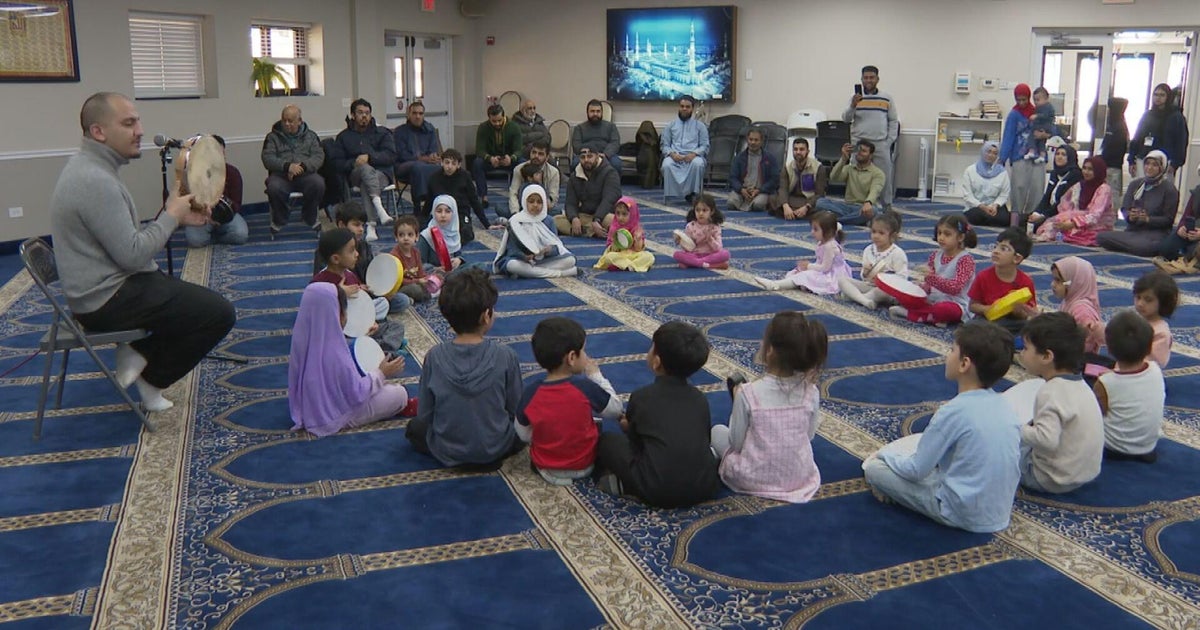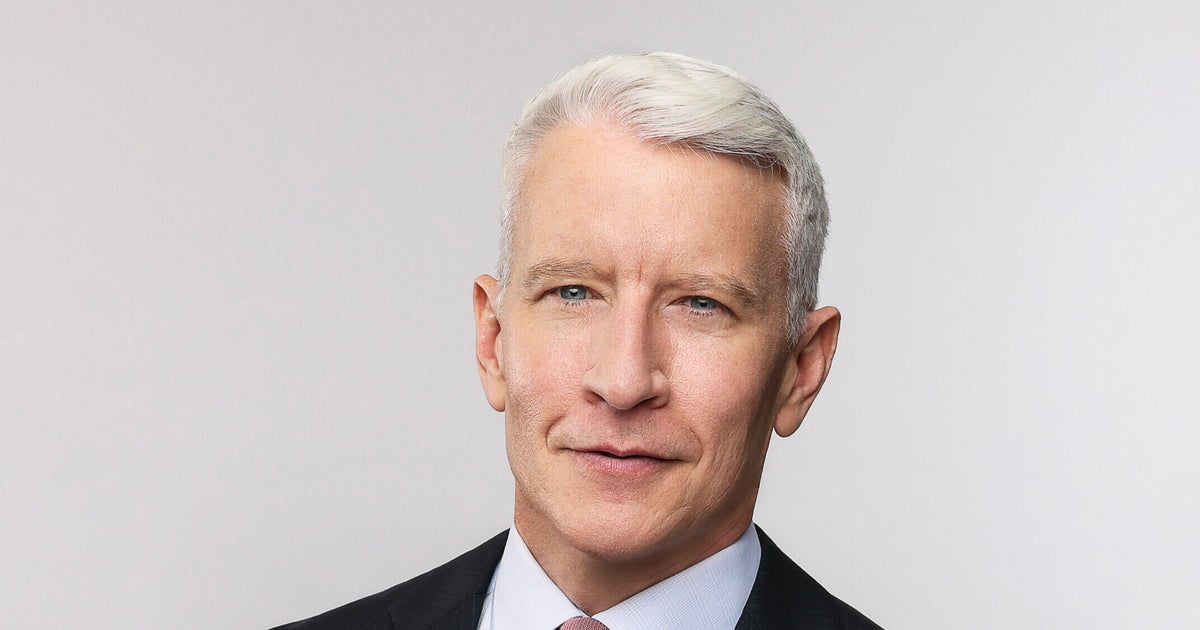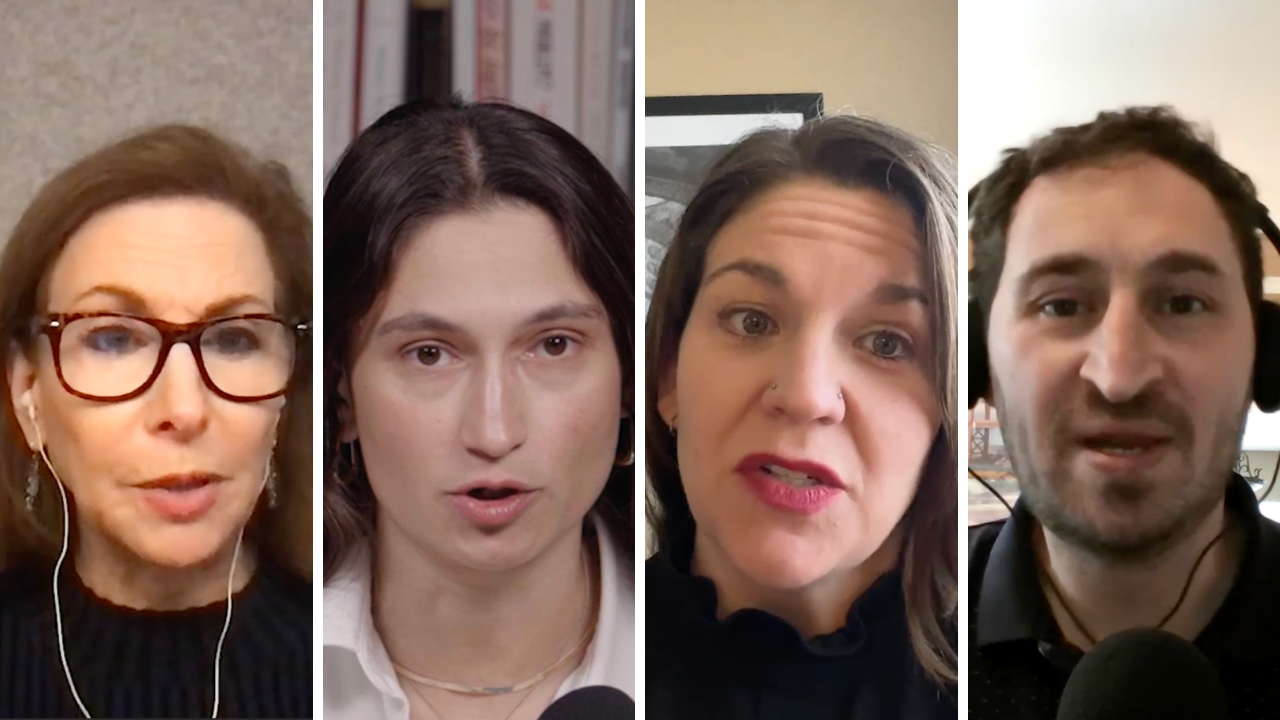Youngest kids in class more likely to struggle with depression and ADHD, new study suggests
Younger children may be more likely to struggle than their older counterparts, according to a new study in JAMA Pediatrics that looked at data from more than a million kids age 14 to 15. Researchers in Britain found the youngest children in the class have a roughly 30% higher chance of developing depression compared to their oldest peers in the same class. Apart from depression, they also have an increased chance of being diagnosed with ADHD and learning disabilities.
CBS News contributor and psychologist Lisa Damour joined "CBS This Morning" to discuss what parents need to keep in mind when deciding where to place their children and tips for helping parents make their right choice.
Think about more than academic readiness
"So what we have to remember is development unfolds on its own time. You can't force development forward. So that means that if a child is relatively immature in the class, maybe because of age, they will not necessarily have the skills for attention that the older kids will have. So they may be more likely to show up with questions about whether or not they have ADHD."
"It's tricky. If we push kids ahead or they're very young in class, they can feel a step behind intellectually and also socially. You know, social cueing among kids is pretty subtle. So for kids who are young, there can be an awareness that they're missing out or don't really understand the social landscape. But they don't know what they're missing or don't know how to fit in. And it can be really hard on their self-esteem. We think that can open the door to questions about sadness, depression."
"Look at the whole picture"
"There's a lot we can do to get this right. First of all, we have to remember development is multifaceted," Damour said. "There is intellectual development, there's social development, there's emotional development, there's physical development. You don't want one of those driving the decision. So someone might say, my 4-year-old reads, put him ahead. But if the 4-year-old can't share, we should reconsider. Similarly, you can have a kid who's terrifically skilled socially but lacking academically. So look at the whole picture."
Ask a teacher
"The other thing I will say is, ask the teachers," Damour added. "If you're child's a preschooler, you have preschool teachers who have watched your child all year. You know your preschooler, they are comparing your children to hundreds of preschoolers. We also cannot be neutral about our own children. It's just not a possibility. Teachers have actually seen your child in the classroom setting. So if you're unsure, I would say to a teacher, you know my kid, if she were your kid, what would you do in these situations? And take that very seriously. Teachers are experts in child development."
"Err on the side of caution"
"It can. When parents and I are thinking about this, I always say err on the side of caution," Damour said. "Give your child another year of childhood. If you're wrong, we can offer enrichment later. If they're bored in school, we can offer enrichment later. If you push a child ahead and it's the bad call, you're then looking at the possibility of your child playing catch-up for the rest of education or, worse, having to repeat a grade … it can be devastating for kids. I want to avoid that at all costs."



